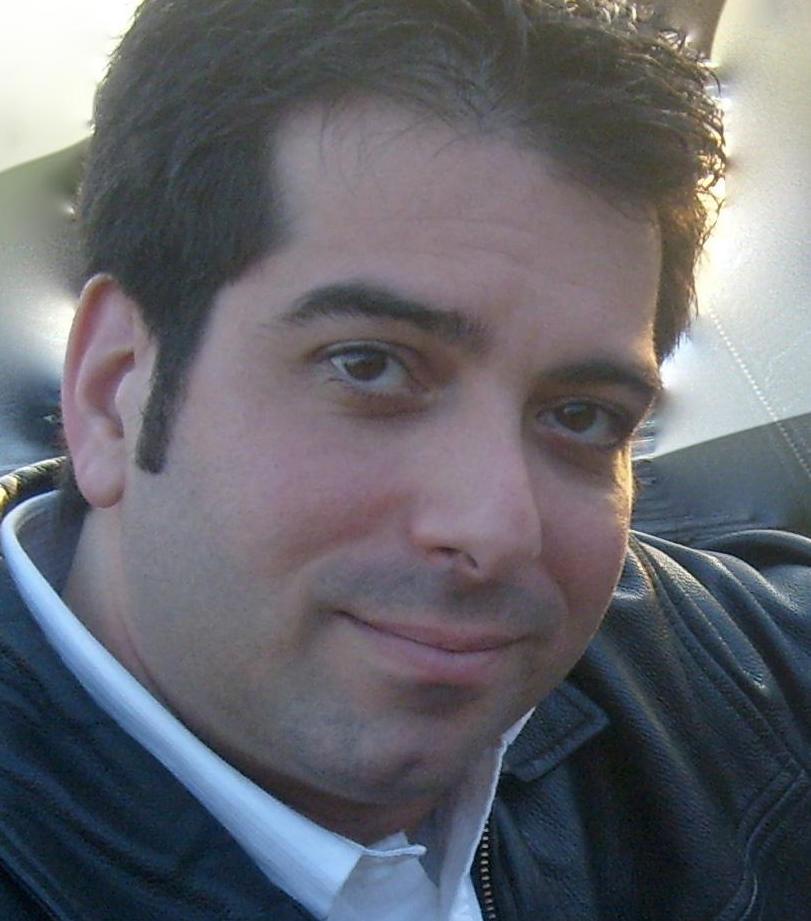Cicada Song, the feature film and directorial debut of Michael Starr, was recently acquired by Indie Rights Movies for platform streaming on Amazon, Apple TV, and Google Play. A home theater release is also planned for the near future.
The contemporary mystery thriller won the Best of Fest-U.S. Feature award at the 2019 Catalina Film Festival, the Feature Film honor at the Highland Park Independent Film Festival, as well as Best in Fest, Best Actress, and Best Cinematography at the Glendale International Film Festival.
In the past, Starr co-wrote Don Quixote, The Ingenious Gentleman of La Mancha for James Franco’s Rabbit Bandini production company, won a first place Silver Telly Award for an anti-domestic violence PSA (Public Service Announcement) that he both wrote and directed, and won Best Director for a web series, A Brief History of Dick Moves, at the 2018 Glendale International Film Festival. Not only is Starr an award-winning writer and director, but he has also worked as a registered nurse in Los Angeles and across the U.S.
VideoAge International spoke with Starr about Cicada Song, releasing the film, and its festival circuit.
VideoAge International: When and how did you arrive at the story of Cicada Song?
Michael Starr: I had been planning a film with Lyndsey Lantz [who plays the lead role of Karen in Cicada Song] for a couple of years and asked her what type of film she wanted to do if she had her druthers. “A survival picture,” she said. “The grittier the better.” So I started planning an environmental piece about the water shortage in California where the tables were being drained by a big corporation and our character would find herself in the middle of something sinister, left for dead in the wilderness of Northern California… and then the drought ended. We needed to look for something a little more current. It was when we were watching the 2016 primaries and there was talk of a wall, then the immigration crackdown, and then in 2017 learning about families being separated and the terrible treatment of our own citizens… We’re de-evolving as a society and we were beside ourselves. Kim Reed [who plays Judith] suggested a human trafficking subplot and we looked no further.
VAI: Why is now the right time to release the film?
MS: We were hoping to finish the film sooner, but under our budget restrictions and with a small crew, it took a bit longer than expected. That said, it seems like time has stood still since we shot the film. Nothing has changed and it absolutely has to. Cicada Song has many social issues humanity is dealing with in America today.
VAI: What was the most challenging thing you endured in the process of making the film?
MS: Social Media! Marketing the film is something you learn to do, especially in today’s independent market. It’s a full-time job, and we must give thanks to Indie Rights for providing us with some guidance. There is so much content out there, so just being seen in the crowd is a win.










Michael Starr you are amazing! So proud of who you have become. I miss you in the nursing world but you are an accomplished director and living your passion! Kim Reed is spectacular!
You guys absolutely rocked the film world!
?Diane Marie
Thank you Diane Marie!
Mr Starr — why was this film set in rural central MO ? Is the story based on actual events in that area ? While the scenery is authentic, the depiction of the local residents promotes a negative stereotype of the region. Was your story an accurate representation of the MO residents you encountered in making this film ? CA has the highest rate of human trafficking in the nation. Does MO approach CA in the magnitude of exploiting undocumented farm workers ? For accuracy, should this story not have been set in CA, other than the closing scene ?
Dear MO native,
Thank you for your insightful thoughts.
Please keep in mind this is a work of GENRE FICTION based on events that were/are happening in all areas of America, not just central MO. Choosing a setting for an independent film can be based solely on budget constraints alone and if we could have shot this in California, we would have. As you have seen in the film, not all depictions are negative or stereotypical, some are allied and redemptive… also – this story does not necessarily pertain to just one state but parts of all, metaphorically. Which leads me to answer your question about why it was shot in MO… It was a gift to us (the filmmakers) from local residents and relatives who owned farms, businesses and homes who were generous beyond compare to allow us the opportunity to make this film in such a beautiful setting. If you watched the credits to the end, we thanked all Missourians for their generosity and hospitality. Many of our local residents and cast had a huge hand in helping structure our story to be as truthful as possible and we are grateful for their contributions. We could not have made this film without their support and guidance.
Thank you again for your thoughts.
Michael